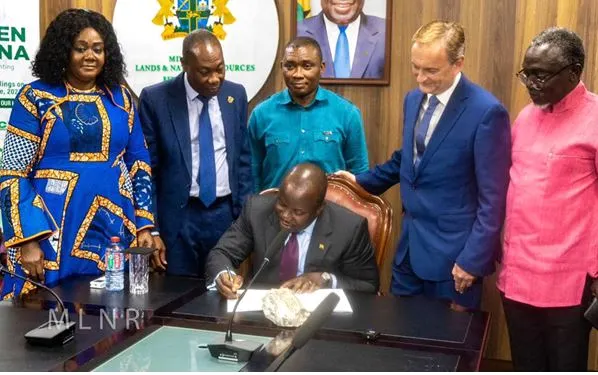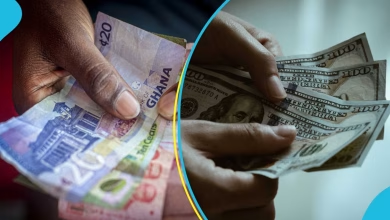The Ghana government’s lithium deal with Barari DV Ghana Limited, a subsidiary of Atlantic Lithium, has been a subject of intense scrutiny.
However, a recent analysis by the Natural Resource Governance Institute (NRGI) suggests that the government may have secured a favorable agreement compared to other lithium-producing nations.
Key Findings of the NRGI Report:
- High Effective Tax Rate: The report estimates an average effective tax rate (AETR) of 58% for the government, excluding state equity, which is higher than many other lithium-producing countries.
- Profit Potential: Despite the high tax rate, Atlantic Lithium is projected to achieve a substantial after-tax internal rate of return (IRR) of around 102%.
- Need for Improvement: While the deal is favorable, NRGI recommends several measures to maximize government revenue and prevent tax avoidance, including:
- Establishing a pricing benchmark for tax purposes.
- Limiting interest deductions to prevent profit shifting.
- Ensuring non-dilutable state equity.
- Defining clear rules within the shareholder agreement to safeguard state dividends.
- Enhancing the capacity of tax and regulatory authorities for effective cost audits.
Recommendations for Future Deals:
- Variable Royalty Rate: Consider implementing a variable royalty rate to capture more revenue from highly profitable mines.
- Resource Rent Tax: Introduce a resource rent tax or additional profit tax to capture windfall profits.
- Lithium Refinery: Mandate a rigorous feasibility study for a lithium refinery, ensure its publication, and engage in multi-stakeholder consultations.
The NRGI emphasizes the importance of building institutional capacity to effectively monitor costs and assess profits. By implementing these recommendations, Ghana can optimize its benefits from the lithium sector and set a benchmark for future mining deals in Africa.
While the current deal is seen as a positive step, there’s still room for improvement to ensure maximum returns for the Ghanaian people.




